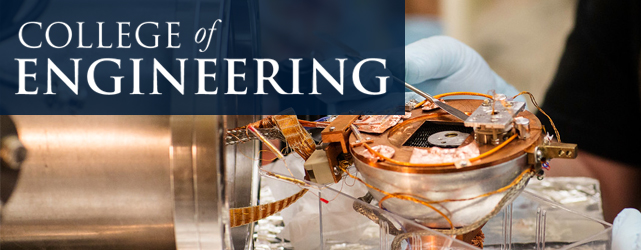Stochastic Model Checking of Genetic Circuits
Abstract
Synthetic genetic circuits have a number of exciting potential applications such as cleaning up toxic waste, hunting and killing tumor cells, and producing drugs and bio-fuels more efficiently. When designing and analyzing genetic circuits, researchers are often interested in the probability of observing certain behaviors. Discerning these probabilities typically involves simulating the circuit to produce some time series data and computing statistics over the resulting data. However, for very rare behaviors of complex genetic circuits, it becomes computationally intractable to obtain good results as the number of required simulation runs grows exponentially. It is, therefore, necessary to apply numerical methods to determine these probabilities directly. This article describes how stochastic model checking, a method for determining the likelihood that certain events occur in a system, can by applied to models of genetic circuits by translating them into continuous-time Markov chains (CTMCs) and analyzing them using Markov chain analysis to check continuous stochastic logic (CSL) properties. The utility of this approach is demonstrated with several case studies illustrating how this method can be used to perform design space exploration of two genetic oscillators and two genetic state-holding elements. Our results show that this method results in a substantial speedup as compared with conventional simulation-based approaches.


